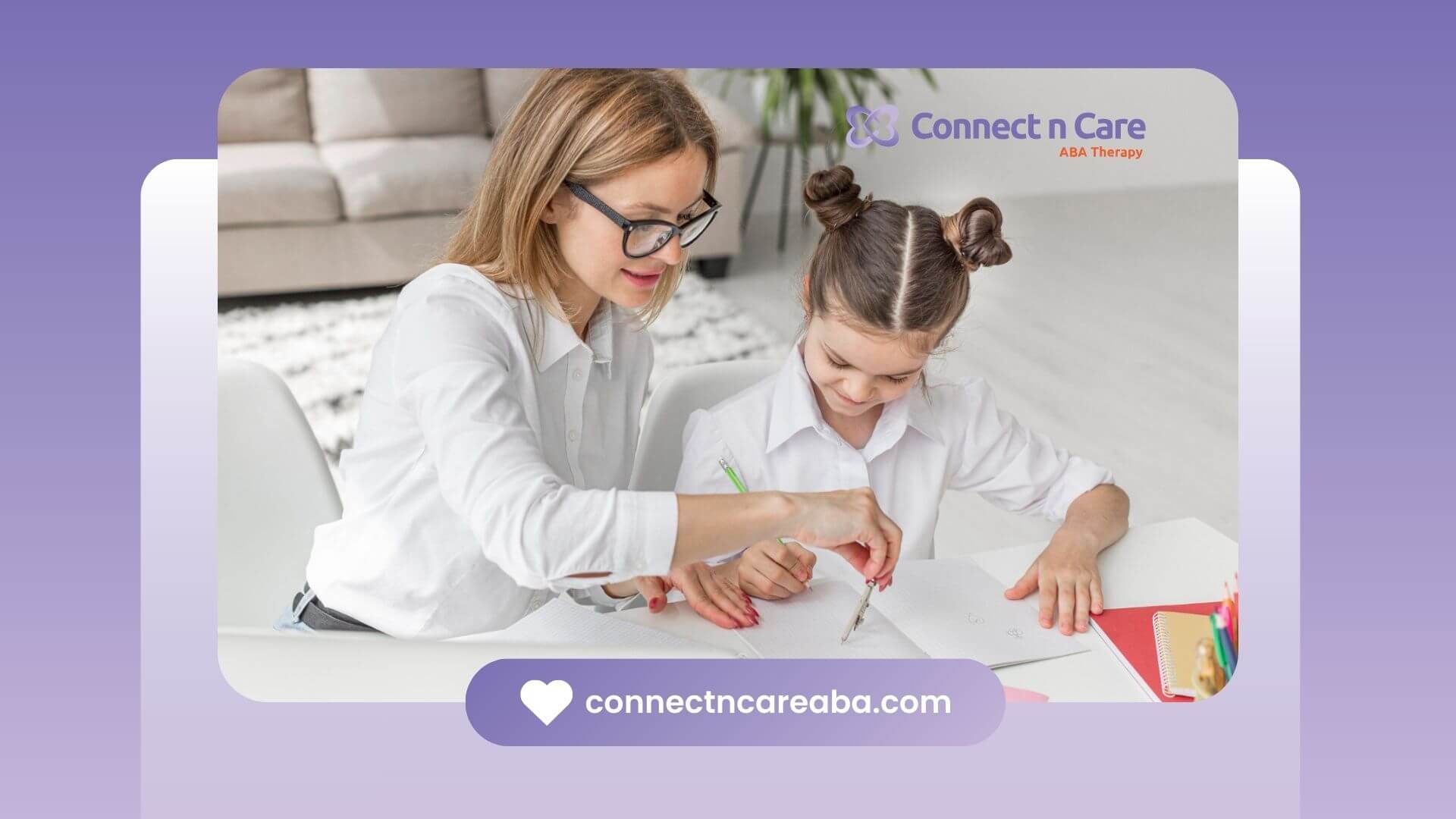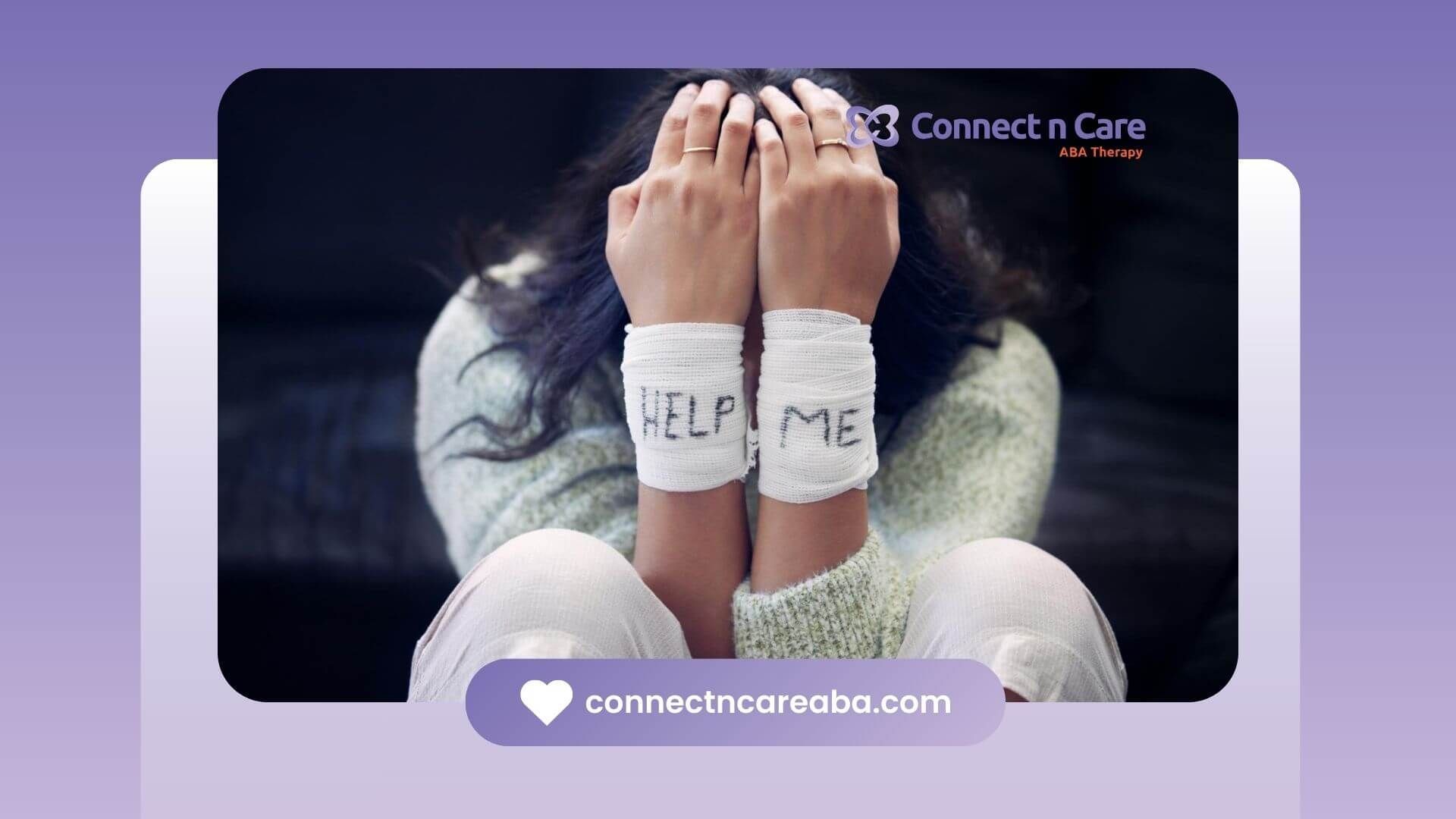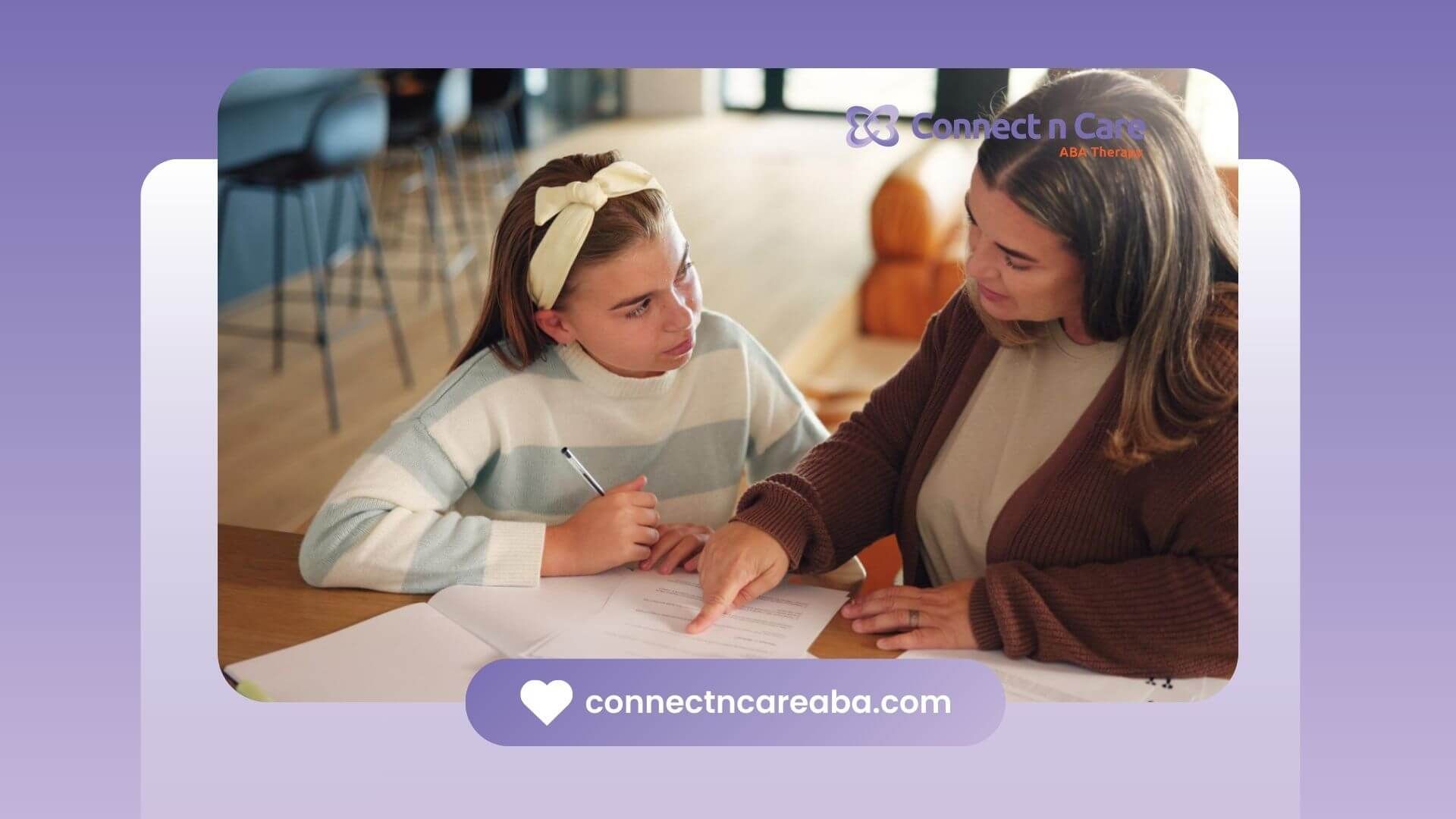Love, dating, and romantic relationships can be hard for anyone. For autistic adults, these dynamics can create special challenges and experiences. This makes people wonder about marriage rates among autistic adults. This blog post will look at the truth about marriage for autistic adults. It will cover common challenges and share ideas for building strong relationships. We will also check statistics about marriage rates among autistic individuals. This will help us understand the unique sides of these relationships.
Autism Spectrum Disorder and Relationships in the U.S.
Autism spectrum disorder (ASD) is a condition that affects the brain's development. People with ASD, including parents of children with ASD, face difficulties throughout their lives. They may struggle with social communication, and interaction, and have patterns of behavior that repeat. These issues can impact their daily lives, including relationships and marriage.
A common problem for autistic people is understanding and reacting to social cues. These include body language and facial expressions. This can make it hard for them to understand their partner’s feelings or intentions. As a result, misunderstandings may happen often. Differences in how autistic individuals and those without autism interact can add to the challenges they face.
The Impact of Autism on Adult Relationships in Georgia, Tennessee, and Virginia
The effect of autism on adult relationships in Georgia, Tennessee, and Virginia is similar to what we see across the country. However, each state also has its unique features. There is not much specific data for these states, but stories from clinicians and support groups show that autistic individuals here face challenges in relationships just like those in other parts of the US.
The happiness in relationships among autistic adults in these states may depend on how available support services are and how well their communities understand autism. For example, in rural areas, there may be fewer resources for autistic adults and their partners. This lack of resources can change how their relationships work.
More research is needed to learn how cultural factors and local attitudes shape relationships for autistic people in Georgia, Tennessee, and Virginia. Still, it is important to know that autistic individuals in these states deal with the same basic issues in romantic relationships as those found elsewhere.
Understanding the Autism Spectrum: Beyond the Myths
Many people have wrong ideas about autistic adults in relationships. One common belief is that autistic individuals cannot feel romantic love or want to get married. This is not true. Autistic adults, like anyone else, can have deep emotional connections and happy relationships.
Another wrong idea is that autistic individuals do not have the traits needed for a good partnership. It is key to remember that autism is a spectrum, and people experience it in different ways. Some might find it hard to communicate or socialize, but many autistic individuals have strengths that can help a relationship, like responsiveness, loyalty, honesty, and a special point of view.
It is important to clear up these misunderstandings to help others understand and accept autistic adults and their ability to have good relationships. By seeing the differences in the autism spectrum and valuing the unique strengths of autistic individuals, we can make a better environment for autistic people in romantic relationships.
Marriage Rates Among Autistic Adults
The truth about marriage among autistic adults in adulthood is more complex than most stereotypes say. Autistic individuals do get married, but studies show that their marriage rates are lower than those in the general population, with many marrying in their mid to late 20s.
This difference does not mean that autistic people do not want love or companionship. It shows the unique challenges they may face when starting and keeping romantic relationships. These challenges come from things like different ways of communicating and being sensitive to the world around them.
Exploring the Statistics: How Many Autistic Adults are Married?
Statistical data provides insight into marriage rates within the autistic community. Comparing these figures with statistics from the general population reveals a noticeable difference.
| Group | Estimated Marriage Rate |
|---|---|
| General Population | 50% |
| Autistic Adults | 9% |
It is important to approach these statistics with nuance, recognizing that they depict a general trend rather than individual experiences. Factors such as geographic location, socioeconomic status, and personal preferences can influence these rates.
This data underscores the importance of addressing the specific challenges autistic individuals might encounter when seeking and maintaining romantic relationships. By better understanding these challenges, support systems can be tailored to better assist autistic adults in navigating the complexities of love and marriage.
Factors Influencing Marriage Rates in the Autistic Community
Several factors, including various factors, create unique challenges for autistic adults in romantic relationships. These challenges can impact marriage rates in this community. One major hurdle is communication barriers, which can affect emotional intimacy. Autistic individuals often find it hard to understand social cues, interpret body language, and communicate like neurotypical people. This can lead to misunderstandings and frustrations.
Sensory sensitivities also make social interactions and dating harder. Noisy places, certain textures, or surprise physical contact can trigger discomfort or anxiety. This makes typical dating situations feel overwhelming for some autistic individuals.
Additionally, financial factors can play a role. Many autistic adults face a higher unemployment rate, which can affect their chances of forming relationships and getting married. These challenges highlight the importance of having specific support and resources for autistic adults who want fulfilling romantic relationships.
The Challenges Autistic Adults Face in Romantic Relationships
Forming and keeping healthy romantic relationships can be hard for everyone. However, autistic adults face some unique challenges. These can include problems with communication, being sensitive to the senses, and misunderstandings in social situations. Because of this, finding love and managing relationships often needs more effort, understanding, and appropriate support.
Let’s look at some of these challenges more closely. We can talk about how communication styles are different. We can also see how sensory sensitivities can affect interactions. Lastly, we will discuss how social expectations can make things more complicated.
Navigating Communication Barriers
Communication is very important in any relationship. For autistic people, however, it can be a big challenge. Good communication is not just about talking. It also involves understanding nonverbal clues, like facial expressions, body language, and tone of voice. Many autistic individuals find this difficult.
For example, interpreting sarcasm can be hard. What is funny to a neurotypical person might be taken seriously by an autistic person. This can lead to confusion or hurt feelings. Also, showing emotions openly can feel uncomfortable for someone on the spectrum, especially in romantic relationships.
To overcome these communication challenges, both partners need to be patient and understanding. It helps to talk openly about communication styles and set clear expectations. Using visual aids or writing things down can also help improve communication and create a better relationship, especially when both partners dedicate an appropriate amount of time to discussing these matters.
Sensory Sensitivities and Social Expectations
Sensory sensitivities are common for people with autism spectrum disorder. They can affect romantic relationships. Normal dating places, like busy restaurants or loud bars, can feel too much for an autistic individual.
These sensitivities are not just about sights and sounds. Certain fabrics or surprise physical touches can cause discomfort as well. For example, a surprise hug, though it might be meant as a nice gesture, can create a bad sensory reaction for an autistic partner. This might lead to anxiety or feeling overwhelmed.
It's important to see and respect these autistic traits and sensitivities in a relationship when one or both partners are autistic. Talking openly about boundaries, choosing date ideas that fit sensory needs, and being mindful of what makes an autistic partner comfortable can help build a stronger bond. This approach makes the relationship happier and more enjoyable.
Success Stories: Autistic Adults in Fulfilling Marriages
Statistics can show us general trends, but every number tells a unique story. Autistic adults have different experiences in relationships. Many find love, happiness, and lasting partnerships. Many autistic adults successfully face the challenges of marriage. They break down stereotypes and show that happy relationships can happen.
These stories remind us that love has no limits. Challenges can be overcome when there is mutual understanding, good communication, and strong support from both partners.
Role of Understanding and Adaptation in Successful Autistic Marriages
What are the keys to having a good marital relationship when one or both partners are autistic? The main point is mutual understanding. Both partners should learn about autism spectrum disorder, including its traits, challenges, and strengths. This shared knowledge helps both partners understand each other better and creates empathy.
Good communication is important in married life. Autistic individuals may communicate differently, choosing to be direct instead of subtle, which can affect verbal communication. Partners need to be patient. They should give each other time to think and express needs clearly. Using visual aids, written lists, or text messages can help improve communication. This way, both partners can feel understood and valued.
It is also important to recognize and celebrate the unique strengths that autistic adults bring to a marriage. Their ability to focus on details, loyalty, and different viewpoints can provide valuable guidance in improving the partnership. By emphasizing these strengths and creating a supportive environment, couples can enjoy a happy and successful relationship.
Highlighting Positive Outcomes and Relationships
When we talk about autism and marriage, it's important to focus on the good things, not just the problems. Many autistic individuals have happy relationships and strong marriages. These partnerships do well because they support open communication and respect for each other, which plays a significant role in a wish to learn about each other's needs.
For autistic individuals, feeling satisfied in a relationship relies on the same things that help any couple succeed: good talks, shared hobbies, and emotional support, as well as strong social skills, all of which contribute to overall relationship satisfaction. By encouraging these aspects, couples can get through challenges and create joyful relationships.
Focusing on positive stories can help break down harmful stereotypes and wrong ideas about autistic individuals and their ability to love. Sharing these experiences can boost the confidence of autistic adults, showing that they can have successful and loving partnerships with the right help and tools.
Support Systems and Resources for Autistic Adults Considering Marriage
Navigating marriage as an autistic adult can be tough. However, there are many support systems and resources to help along the way. Couples can find guidance from therapy, counseling, community support groups, and online forums. These resources help address problems and build stronger relationships.
Support groups know the special needs of autistic kids and individuals in love. They offer useful tips for communication and ways to build a sense of community through ABA therapy. This support fosters understanding and strengthens connections.
Counseling and Therapy Options
Understanding the relationships and social dynamics of autistic adults highlights the importance of ongoing support throughout their lives. While marriage rates among autistic adults vary, with many overcoming unique challenges to form meaningful connections, personalized therapy plays a crucial role in building social and communication skills.
For autistic adults thinking about marriage, counseling, and therapy from knowledgeable healthcare providers can be very helpful. They can build a strong base for a lasting relationship. Therapists who know autism spectrum disorder can help with communication differences. They can also provide support for understanding sensory sensitivities and other challenges that autistic individuals face in romantic relationships.
In couples therapy, partners can safely talk about their concerns. They can also learn to communicate better and handle conflicts in a good way. Individual therapy can help autistic adults deal with anxiety or self-esteem problems. These issues might slow down their chance of having healthy relationships. Getting help from a professional is not a sign of weakness or failure in a relationship. It shows a strong commitment to making the relationship better for the long term. Families searching for autism therapists near mecan benefit from expert guidance to empower individuals with autism to navigate relationships and achieve personal milestones.
Community and Online Support Groups
Beyond professional help, sharing experiences with others and getting support from a community can be very helpful for autistic adults who are thinking about marriage. Support groups just for autistic individuals and their partners create a safe space to connect. They can share advice and learn from people facing the same issues.
These groups provide a feeling of belonging and understanding, which can be very comforting and empowering. Members often give useful tips on how to handle daily activities, deal with sensory overload, and communicate better with a neurotypical partner.
Online support groups have made it easier to find community support. Online forums, social media groups, and virtual meetups allow autistic adults to meet others from around the world. This helps create a community that goes beyond geographical limits.
Conclusion
In looking at relationships among autistic adults, we need to remember their unique challenges and successes. It's important to understand how autism affects adult relationships, but this is not just about numbers. It also needs compassion, good communication, and support. Marriage rates in autistic adults may differ, but what matters is creating understanding. We should adapt to each person’s needs and build strong support systems. Success stories show that fulfilling relationships are possible when there is empathy and acceptance.
By offering counseling, therapy, and community support, we can help autistic adults build confidence and resilience in their romantic lives. Let’s keep promoting inclusivity and celebrate the different kinds of relationships in the autistic community.
As a leading ABA provider in North Carolina, Connect n Care ABA is dedicated to supporting individuals with autism spectrum disorder throughout their lifespan. Our experienced team of behavior analysts offers personalized treatment plans tailored to address the unique needs of autistic adults, including social skills, relationship building, and independent living. We believe in empowering autistic adults to lead fulfilling lives, including forming meaningful relationships. Choose Connect n Care ABA for compassionate, evidence-based care that promotes independence and well-being.
Frequently Asked Questions
What percentage of autistic adults in the U.S. are married?
Research shows that about 9% of autistic adults in the U.S., particularly young people, are married. This number is lower than the marriage rate statistics of the general population. However, it shows that autistic adults can form happy and successful marriages.









